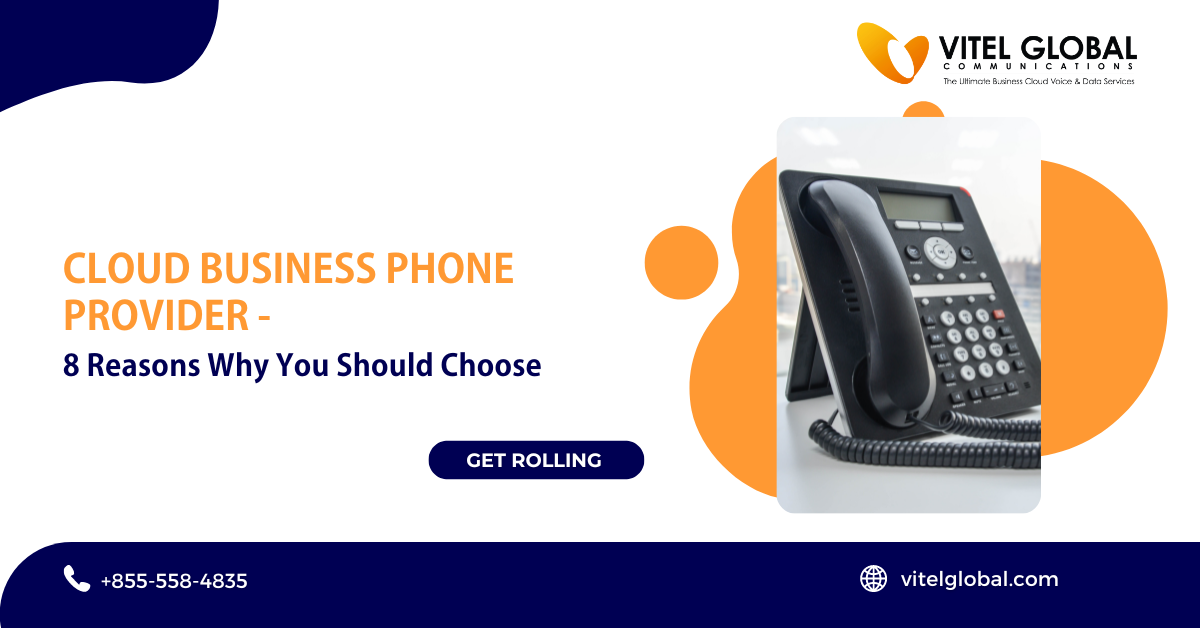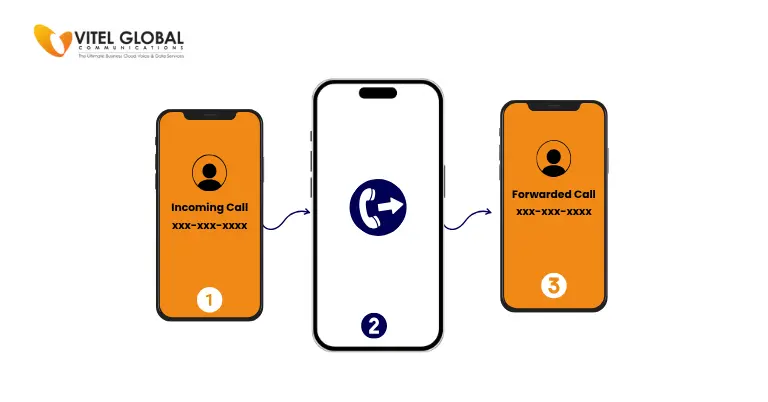Make The Right Choice By Switching To The Cloud Contact Center

5 min read
The cloud has been a major game-changer for the business world, and the contact center is no exception. In recent years, an increasing number of companies have made the switch to cloud-based phone solutions, and for good reason. Cloud contact centers offer many advantages over traditional on-premise solutions, including increased scalability, flexibility, and cost-effectiveness.
However, the cloud is not without its downside, and there are a few things to consider before making the switch. In this article, we’ll take a look at the pros and cons of cloud contact center solutions to help you make the best decision for your business.
Cloud Contact Center Business Phone System: The Pros and Cons
Pros:
- Increased scalability: One of the biggest advantages of a cloud contact center is its scalability. With an on-premise solution, you’re limited by the number of phone lines and seats you have installed. If you need to add more capacity, you’re looking at a significant upfront investment. With a cloud solution, you can quickly and easily add more users as your business grows.
- Flexibility: Cloud contact center solutions are also much more flexible than on-premise solutions. With an on-premise solution, you’re generally stuck with the features and functionality that come with the system. With a cloud solution, you can easily add or remove features as your needs change.
- Cost-effectiveness: Cloud contact center solutions are usually more cost-effective than on-premise solutions since you don’t have to make a large upfront investment. You also save on maintenance and support costs, since these are typically included in your monthly subscription fee.
Cons:
- Security concerns: One of the biggest concerns with cloud-based solutions is security. Since your data is stored off-site, there’s always a risk that it could be hacked or compromised. However, most reputable cloud providers take security very seriously and have robust security measures in place to protect your data.
- Dependence on internet: Another downside of cloud contact center solutions is that they rely on a stable internet connection. If your internet goes down, so does your contact center. This can be a huge problem when handling an important task and there goes off your internet.
The Benefits
A business phone system hosted on the cloud can offer your company some benefits over a traditional on-premises system. Perhaps the most obvious benefit is the fact that it can save your company a significant amount of money.
With a cloud contact center, there is no need to invest in expensive on-premises hardware or software. Instead, you can simply pay a monthly fee for access to the cloud-based system.
Another key benefit of a cloud service is the fact that it can be much easier to scale up or down, as your business needs change. With an on-premises system, adding new users or expanding your call center can be a very complex and expensive proposition. With a cloud-based system, however, it can be as easy as simply increasing or decreasing your monthly subscription.
Finally, a cloud contact center solutions can offer you a great deal of flexibility in terms of features and functionality. With an on-premises system, you are generally stuck with whatever features and functionality the system offers out of the box.
However, you can often customize the system to better meet the needs of your specific business.
The Drawbacks
A cloud contact center can be a great investment for your company. It can save you money on your phone bill, increase your customer satisfaction, and improve your efficiency. However, there are also some potential drawbacks to using a cloud contact center that you should be aware of before making the switch.
- One of the biggest potential drawbacks of using a contact center on cloud is the lack of control you have over the system. When you use a cloud-based system, you are relying on the hosting company to keep the system up and running. This can be a problem if the company goes out of business or has technical problems.
- Another potential drawback of using a cloud contact center is that you may not have the same features and flexibility as you would with a traditional on-premises system. For example, you may not be able to customize the system to meet your specific needs.
- Finally, you should be aware that a cloud contact center can be more expensive than a traditional on-premises system. This is because you are paying for the hosting company’s services as well as the cost of the cloud-based system itself.
Is a Cloud Contact Center Preferable for Your Business?
The cloud has been a game-changer for businesses across industries. Cloud-based VoIP Phone solutions are more affordable, flexible, and scalable than on-premises options, making them a popular choice for businesses of all sizes.
If you’re thinking of switching to a cloud contact center and also want to do the same with the business phone system, you’re not alone. Many businesses are making the switch to the cloud to take advantage of its many benefits.
So, is a cloud phone service right for your business? Let’s take a look at some of the key benefits of switching to the cloud:
- Cost-savings: One of the biggest benefits of switching to a cloud contact center is cost-savings. Cloud-based solutions are typically more affordable than on-premises options, making them a great choice for businesses on a budget.
- Flexibility: Another big benefit of a cloud business phone solution is the flexibility it offers. With a cloud-based solution, you can easily scale up or down as your business needs change. This is a big advantage over on-premises solutions, which can be inflexible and difficult to scale.
- Scalability: Along with flexibility, scalability is one of the biggest advantages of a cloud phone system. With a cloud-based solution, you can easily add more users, lines, and features as your business grows. This is a big advantage over on-premises solutions, which can be difficult to scale.
- Reliability: When it comes to reliability, you can’t beat a cloud contact center business phone system. Cloud-based solutions are designed to be highly reliable and offer 99.999% uptime. This means you can rest assured that your calls will always go through, even during peak traffic periods.
- Enhanced features: Another big advantage of cloud contact is the enhanced features it offers. With a cloud-based solution, you can take advantage of business phone features like automatic call distribution, call recording, and caller ID. These features can help you better manage your calls and improve your customer service.
How to Choose the Best Cloud Contact Center?
There are many factors to consider when choosing the best cloud phone service for your business. The following is a list of the five most important factors to consider when making this decision:
1. Cost
The cost of a cloud phone service is an important factor to consider. You will want to find a system that is affordable and that fits within your budget.
2. Features
The features offered by these are important to consider. You will want to find a system that offers the features that you need and that will be beneficial to your business.
3. Ease of use
It should be easy to use. You should be able to easily set up and manage the system.
4. Reliability
The cloud communication should be reliable. You should be able to depend on the system to work when you need it.
5. Customer support
The cloud contact center should have excellent customer support. You should be able to easily contact customer support if you have any questions or concerns.
Visit our blog to get more information about Business phone services!
Make It Easy for Customers to Reach You. Switch to the Cloud Contact Center Solutions.
Explore our affordable, scalable options today!
Published: December 23rd, 2022
Subscribe to Our Latest Updates
Get monthly product and feature updates, the latest industry news, and more!







